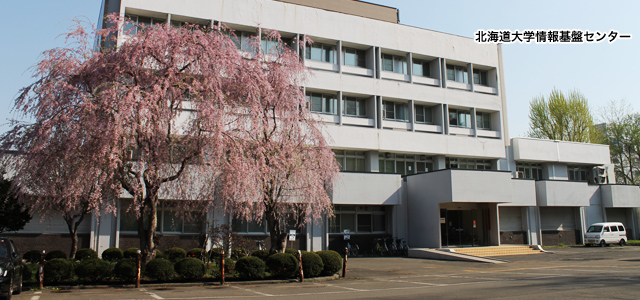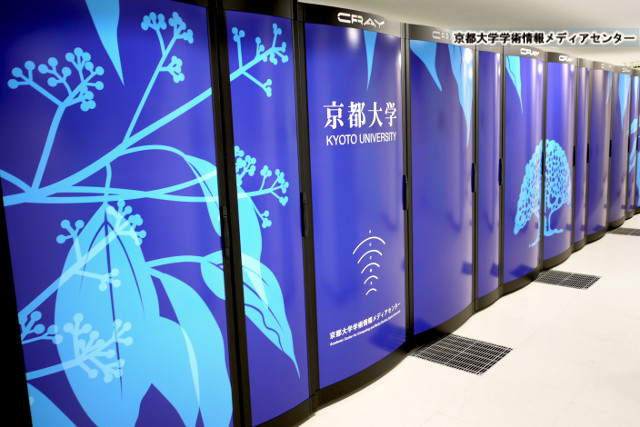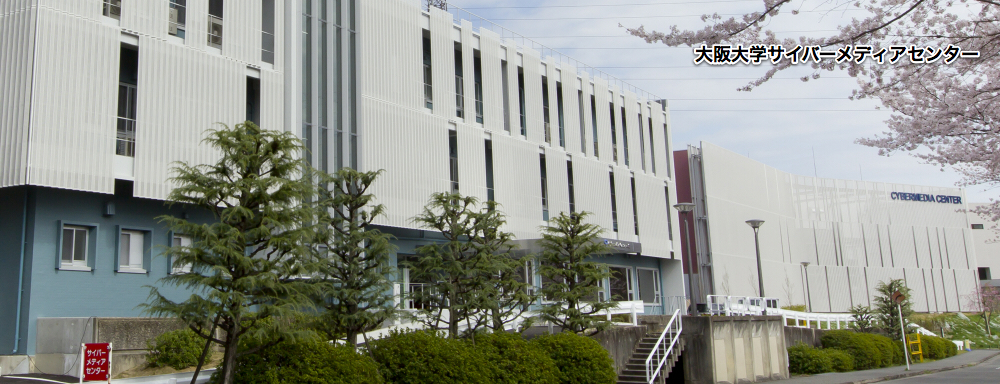採択課題 【詳細】
| jh240054 | The Elucidation of Non-equilibrium States of Catalysis by Machine Learning Aided Atomic Simulations |
|---|---|
| 課題代表者 | 森川良忠(大阪大学 大学院工学研究科) Yoshitada Morikawa (Osaka University, Graduate School of Engineering) |
| 概要 |
Catalysis is critical in our sustainable development by aiding synthesis of various essential compounds. However, the advancement of this field is hindered by the un-elucidated atomic events under operating condition. Despite modernization of the characterization techniques, observations are usually limited to the equilibrium state (i.e., the condition before and after the catalysis occurs) due to the intractable behavior of the system at the atomic level. Such limitations hinder the identification of the promoting (or demoting) factors of the catalysis that eventually play their roles during the non-equilibrium states. In the raise of computing power, atomic simulation is highly capable to elucidate the non-equilibrium states of catalysis by providing explicit ‘molecular movie’ of catalytic events. This approach works by constructing the interatomic potential, from which the energy and forces of atoms that govern the dynamic of the system can be derived. Given the rapid progress in machine-learning (ML), first principles calculations such as Density Functional Theory (DFT) can be accurately predicted by ML model after learning from adequate database. This framework results in faster and more efficient method called machine-learning molecular dynamics (MLMD). However, the MLMD relies on high-throughput and automated calculations to build reliable database used to train ML model, therefore, the large-scale computer system is inevitably necessary. In this project, we aim to elucidate the non-equilibrium states of the catalytic system by means of MLMD simulations. Some of our preliminary results on the application of MLMD in the elucidation of dynamics of catalytic surface have been published in the reference [1] and [2]. This research holds significance in catalysis field which currently challenged by intractable non-equilibrium states in experiment. This research thus acts as link between interdisciplinary of experimental studies, computational studies, and data science, which lead to more confident understanding of catalysis and accelerating transfer of idea from simulation to actual synthesis. Further, the dynamics property of catalysts can be included in the catalyst database and improve the performance of AI-based material screening. Since the typical database include only the equilibrium (or as-prepared) states of catalyst, this project also promotes quality and usage of data in material science. [1] Halim, H. H.; Morikawa, Y. Elucidation of Cu–Zn Surface Alloying on Cu(997) by Machine-Learning Molecular Dynamics. ACS Phys. Chem. Au 2022, 2 (5), 430–447. [2 ] Halim, H. H.; Ueda, R.; Morikawa, Y. Machine Learning Molecular Dynamics Simulation of CO-Driven Formation of Cu Clusters on the Cu(111) Surface. J. Phys. Condens. Matter 2023, 35 (49), 495001. |
| 関連Webページ | |
| 報告書等 | 研究紹介ポスター / 最終報告書 |
| 業績一覧 | (1) 学術論文 (査読あり) |
| [] John Isaac G. Enriquez, Takahiro Yamasaki, Masato Michiuchi, Kouji Inagaki, Masaaki Geshi, Ikutaro Hamada, Yoshitada Morikawa, 2024, Origin of the Surface Facet Dependence in the Oxidative Etching of the Diamond (111) and (100) Surfaces from First-Principles Calculations, The Journal of Physical Chemistry C, 128 (15), 6294-6308 | |
| [] John Isaac G. Enriquez, Harry Handoko Halim, Takahiro Yamasaki, Masato Michiuchi, Kouji Inagaki, Masaaki Geshi, Ikutaro Hamada, Yoshitada Morikawa, 2024, Origin of the surface facet dependence in the thermal degradation of the diamond (111) and (100) surfaces in vacuum investigated by machine learning molecular dynamics simulations, Carbon, 226, 119223 | |
| (2) 国際会議プロシーディングス (査読あり) | |
| 該当なし | |
| (3) 国際会議発表(査読なし) | |
| [] Harry H. Halim and Y. Morikawa. "Machine Learning Molecular Dynamics Simulation of CO2 Hydrogenation to Formate on Cu(111) Surface". ACS Spring 2025 Meeting & Expo, San Diego, CA, United States, March, 2025. | |
| [] Harry H. Halim and Y. Morikawa. "Active Site Evolution in Cu Catalysts Under Reaction Conditions: Insights from Machine Learning Molecular Dynamics". ACS Spring 2025 Meeting & Expo, San Diego, CA, United States. March, 2025. | |
| [] Y. Morikawa. "Machine learning-enhanced molecular dynamics simulations of surface dynamical processes". 11th Annual Ambient Pressure X-ray Photoelectron Spectroscopy (APXPS) 2024. Sendai, Japan. December, 2024. | |
| [] J. I. Enriquez. "Diamond Quantum Engineering Design: Oxidation, Graphitization Suppression, and Epitaxial Graphene Self-Assembly". 34th International Conference on Diamond and Carbon Materials. Dresden, Germany. September, 2024. | |
| [] J. I. Enriquez. "Suppression and Control of Diamond Graphitization by Dangling Bond Saturation: Applications on Mitigating Thermal Degradation and Epitaxial Graphene Self-Assembly". The 10th International Symposium on Surface Science (ISSS-10). Kitakyushu, Japan. October, 2024. (Poster presentation) | |
| (4) 国内会議発表(査読なし) | |
| [] Harry H. Halim, Y. Yamada, and Y. Morikawa. "Machine Learning Molecular Dynamics on Hydrogen Dynamics on Cu Surfaces". The Physical Society of Japan Conference. Hokkaido, Japan. September, 2024. | |
| [] Harry H. Halim and Y. Morikawa. "Machine learning molecular dynamics simulation of vibration driven CO2 hydrogenation to formate on Cu(111) surface". Surface Interface Spectroscopy Conference. Sendai, Japan. December, 2024. | |
| [] J. I. Enriquez. "Theoretical Study of Graphene Self-Assembly on the Diamond Surface for Carbon-Based Electronics". The Physical Society of Japan 2024 Autumn Meeting. Hokkaido, Japan. September, 2024 (Oral Presentation) | |
| [] J. I. Enriquez. "DFT and Machine Learning Molecular Dynamics Study of Controlled Graphene Self-Assembly on the Diamond (111) Surface". The 72nd Japan Society for Applied Physics Spring Meeting. Chiba, Japan. March, 2025. | |
| [] N. T. B. Anh. "Investigating Diamond Tool Wear in Iron Machining by Machine Learning Molecular Dynamics Simulation". The 72nd Japan Society of Applied Physics Spring Meeting 2025. Chiba, Japan. March, 2025. | |
| (5) 公開したライブラリなど | |
| 該当なし | |
| (6) その他(特許,プレスリリース,著書等) | |
| 該当なし |









